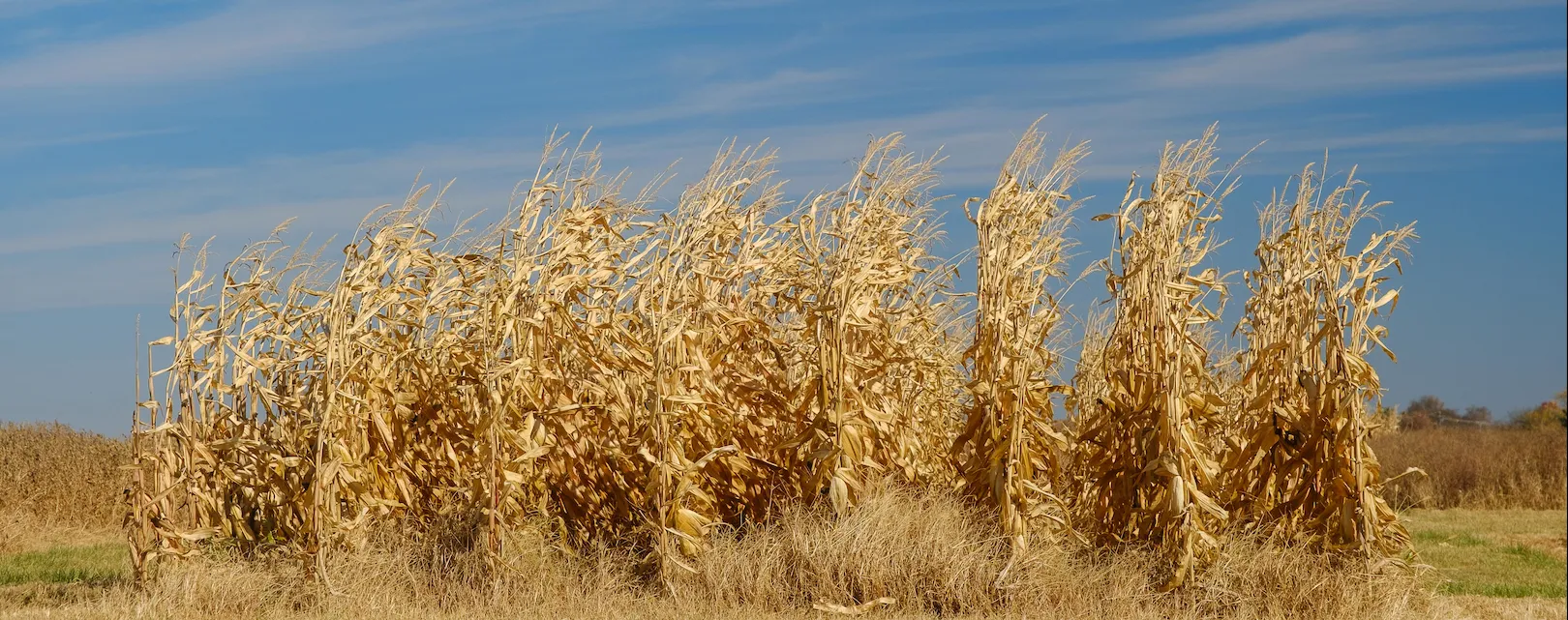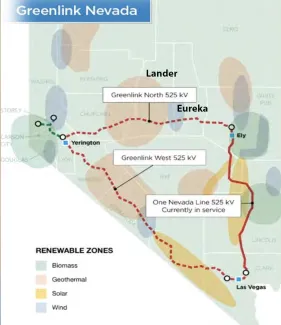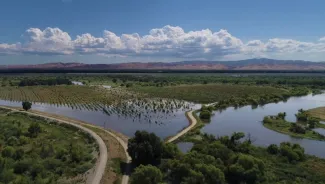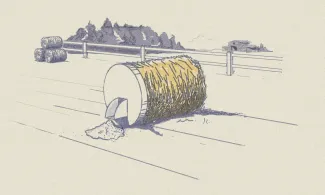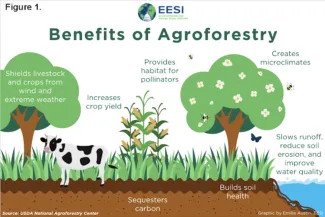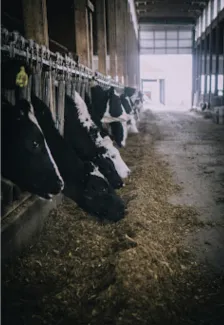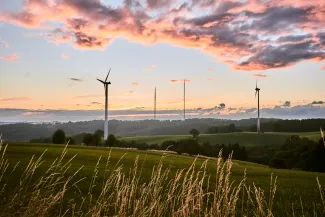To address family needs and provide a response to high infant and mother fatality rates, the state of Oregon implemented an evidence-based program called "Family Connects" that makes life with a newborn better for everyone.
California declared clean drinking water a human right in 2012, but that promise remains a work in progress as residents in more rural or underserved counties still drink contaminated water.
Across western federal lands, some renewable energy expansion is going at such a frenetic pace that rural county officials in Nevada can't keep up with the requests.
In the news, but not necessarily on everyone's radar--here are some of July's quick hits.
As saltwater intrusion occurs more frequently along U.S. coasts, regional farmers are losing part of their livelihoods to ground that is too salty for many traditional crops. In seeking out a solution, some farmers are working to bring back a native hay species that thrives in salt.
The U.S. eastern corn belt is one of the most popular regions for solar energy companies to vie for land contracts. To convince farmers to negotiate leases, solar companies are offering increasingly high rental rates. Their high-dollar offers can add to land competition and local conflicts.
U.S. farmers have their hands full amid increased production demands, climate change management and working to use fewer environmentally harmful practices. In response to those needs, a new agricultural strategy known as "climate-smart agriculture" has evolved; however, the concept lacks a prescribed model. In their article for the Prairie Research Institute, Olivia Messerges and Trent Ford "call for developing a consistent, widely applicable, and standardized framework to assess what makes a specific agricultural system or practice 'climate-smart.'
As cases of bird flu increase in cattle, some experts believe the United States should follow Finland's example and offer vaccinations to workers who are likely to be exposed. "Veterinarians and researchers have taken note of Finland’s move to vaccinate farmworkers at risk of infection. They wonder why their government doesn’t do the same," report Amy Maxmen and Arthur Allen of KFF Health News.
When economic vision was paired with resource conservation in Morris, Minn., the small town accidentally went "green." Its success serves as a model for other rural places.
